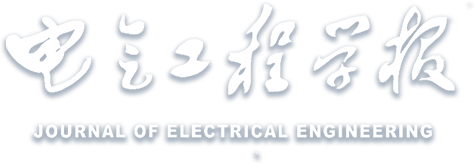Abstract:
As a critical infrastructure supporting high-penetration renewable energy integration and flexible access to diversified loads, the DC distribution system faces core challenges in the safe operation of new power systems—small-signal stability and multi-level coordinated control. Research progress and key technical bottlenecks in this field are systematically reviewed. Firstly, the typical characteristics of DC distribution systems are pointed out and some demonstration projects of DC distribution systems are given. Secondly, at the small-signal stability analysis level, existing analytical methods are comprehensively discussed, followed by systematic categorization of stability enhancement approaches for DC systems. Furthermore, the single-bus control method is analyzed, elucidating the fundamental principles of droop control while highlighting inherent limitations in traditional implementations - the inherent contradiction between achieving low voltage deviation and high current-sharing accuracy. Improved methodologies are summarized accordingly. Building on this foundation, multi-bus coordinated control strategies under microgrid cluster collaborative operation modes are explored, providing valuable references for stability analysis and coordinated control research in DC distribution systems.


 下载:
下载: